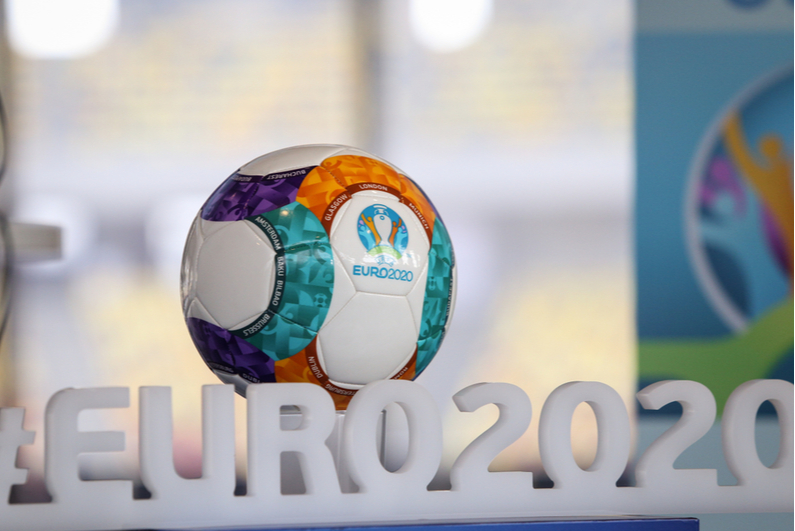An open letter
A group of MPs, gambling addicts, and clinicians are calling on UK broadcasters not to air any betting ads during the upcoming European Championships (Euro 2020) in order to protect people who are at risk of gambling-related harm.
“The Big Step” campaign group, which works alongside the Gambling With Lives charity, wrote an open letter on the matter, naming broadcasters such as BT Sports, Sky Sports, and ITV. The letter states that there is “overwhelming evidence” about the negative impact that advertising has on gamblers.
Recent reports forecast an increase in advertising spend for major television events this summer.
Five MPs signed the open letter, including Carolyn Harris, the chair of the All-Party Parliamentary Group on Gambling-Related Harm. Recent reports forecast an increase in advertising spend for major television events this summer. Explaining the reasoning for calling for a suspension of betting ads, the letter states that people already know where to go to gamble and that a suspension of television ads would not impact this.
The letter cited a recent study showing that 54% of those surveyed who were classified as being problem gamblers had spent money they previously did not intend to during the COVID-19 pandemic because of gambling advertising.
The letter read: “The last year has put the whole nation under significant strain, with anxiety, loneliness and financial insecurity all rising, and we strongly believe that these factors contribute to increased risk of suffering gambling harms.”
People are able to sign the open letter to show their support.
Massive interest in major sporting events
During the 2018 World Cup, ITV showed 172 gambling ads spanning over 90 minutes combined, accounting for 17% of its total ads. Following the event, the broadcaster received criticism for having so many gambling-related commercials. It vowed to significantly reduce the number of these ads during Euro 2020.
According to the open letter, major sports tournaments like the European Championships lead to increasing levels of gambling. The 2018 World Cup saw UK bettors spend over £2.36bn ($3.34bn), more than double the betting handle for the previous World Cup in 2014. The letter does acknowledge that the final decision to suspend betting ads will be in the hands of the broadcaster or provider.
ITV’s response
In April 2020, Betting and Gaming Council (BGC) members agreed to a temporary respite on television and radio gambling advertising due to the pandemic. Proponents of the Euro 2020 ad suspension believe that this break was an admission by the industry that gambling ads can be harmful.
Since August 2019, BGC members have also followed a voluntary whistle-to-whistle ban for televised soccer games that take place before 9pm. Betting ads cannot be broadcast between five minutes before kickoff and five minutes after the game. As this is voluntary, no hard rule is in place to stop broadcasters from showcasing ads during the whistle-to-whistle period. However, ITV has already said that most of the live games it will be broadcasting during Euro 2020 will adhere to the whistle-to-whistle ban.
The network believes a total suspension would be “unlikely” to have any difference on problem gambling levels.
ITV responded to the open letter by acknowledging the campaign’s concerns, though it does not think that there is enough evidence to support the proposal. The network believes a total suspension would be “unlikely” to have any difference on problem gambling levels. A suspension would also “have a direct impact on the sustainability of ITV’s overall contribution to UK public service broadcasting, including free-to-air sport enjoyed by millions.”
A serious issue in the UK
Problem gambling is a growing problem in the UK. Gambling is very accessible, even to underage people. A 2019 study from the UK Gambling Commission found that about 55,000 children between 11 and 16 years old in the UK had a gambling problem. A 2020 YouGov poll suggested that as many as 1.4 million people in the UK were problem gamblers.
In order to help deal with the problem, the UK government launched a review of gambling legislation in December 2020. The evidence-gathering stage of the review is complete and the government is now looking at proposing potential changes. One of the big proposed changes is ending the ability for betting companies to sponsor sports teams and events.
The UKGC has also been helping to introduce further responsible gambling measures in recent years, including banning credit cards for gambling purposes, clamping down on VIP programs, and slashing the maximum stake on fixed-odds betting terminals.
